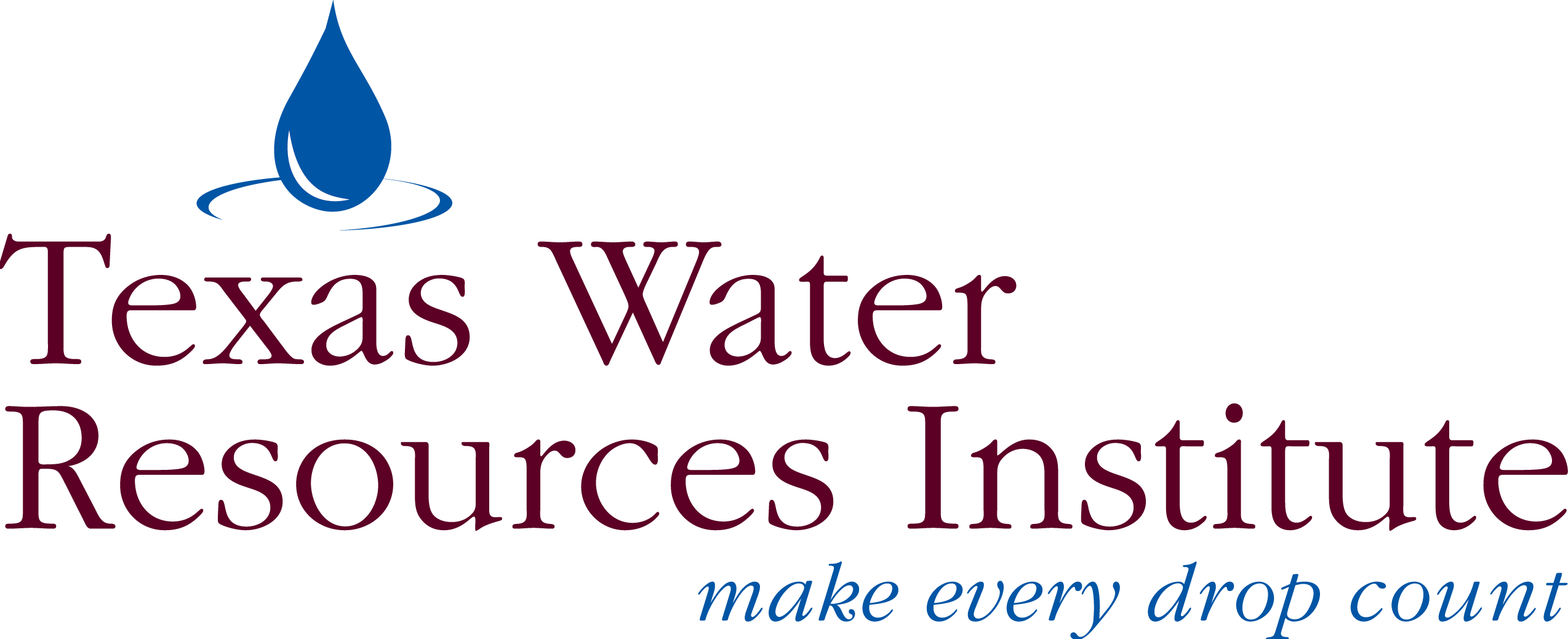Article originally written by Leslie Lee
The Texas Well Owner Network, TWON, will host water well screenings April 21-25 for residents and well owners in the Permian Basin region
Water samples will be screened for contaminants, including total coliform bacteria, E. coli, nitrate-nitrogen, arsenic and salinity.
“The TWON program was established to help well owners become familiar with Texas groundwater resources, septic system maintenance, well maintenance and construction, and water quality and treatment,” said Joel Pigg, Texas A&M AgriLife Extension Service program specialist and TWON coordinator, Department of Soil and Crop Sciences, Bryan-College Station.
The program allows well owners to learn more about improving and protecting their community water resources, Pigg said.
Water sampling and meeting information
Ector County: April 21, water samples can be dropped off from 8:30-10:00 a.m. at the Permian Playhouse 310 W. 42nd Street, Odessa.
Crane County: April 21, water samples can be dropped off from 8:30-10:00 a.m. at the AgriLife Extension office, 900 W. 6th St., Crane.
Loving and Winkler Counties: April 21, water samples can be dropped off from 8:30-10 a.m. at the AgriLife Extension office, 307 S. Poplar Street, Suite 1 in Kermit.
Andrews County: April 21, water samples can be dropped off from 8:30-10 a.m. at the AgriLife Extension office, 851 E. Broadway Street, Andrews.
Ward County: April 21, water samples can be dropped off from 8:30-10 a.m. at the AgriLife Extension office, 3399 S. Stockton Avenue, Monahans.
Midland County: April 21, water samples can be dropped off from 8:30-10 a.m. at the AgriLife Extension office, 2445 E. Highway 80, Midland.
Martin County: April 22, water samples can be dropped off from 8:30-10 a.m. at the AgriLife Extension Office, 105 W. Broadway, Stanton or Permian Basin Underground Water Conservation District office, 708 Saint Peter W., Stanton.
Howard County: April 22, water samples can be dropped off from 8:30-10 a.m. at the AgriLife Extension office, 2411 Echols Street, Big Spring.
Upton County: April 22, water sample can be dropped off from 8:30-10 a.m. at the AgriLife Extension office, 1000 TX 329 in Rankin.
On April 22, a “Well Informed” follow-up meeting will explain water sample results for the water screening will be held at the Crane County AgriLife Extension office from 5:30 – 6:30 p.m., 900 W. 6th Street, Crane.
On April 23, a “Well Educated” follow-up meeting and educational program will explain water well basics, aquifer basics, septic systems, water treatment and the results of the water quality screenings will be from 8 a.m. until noon in the Ector County Commissioner’s Courtroom, 1010 E. 8th Street in Odessa.
Also on April 23 a “Well Informed” presentation will be held in Wink to explain water sample results and discuss wells and water quality. This meeting will be at 5:30 p.m. in the Winkler County Community Center, 306 NW 2nd Street, in Wink.
On April 24, a “Well Informed” presentation will be held at 9 a.m. at AgriLife Extension office, 851 E. Broadway St., in Andrews.
On April 24, a “Well Informed” presentation will be at 1 p.m. at Midland AgriLife Extension office, 2445 E. Highway 80 in Midland.
On April 24, a “Well Informed” presentation will be at 5 p.m. at the GC Broughton Jr. Complex, 2411 Echols Street, Howard College Campus in Big Spring.
Sampling instructions
Residents wanting to have their well water screened should pick up a sample bag, bottle and instructions from the local AgriLife Extension office or groundwater conservation district office before April 7. There will be a $15 charge per sample for the screening, and residents may bring as many samples as they would like. “It is very important that only sampling bags and bottles be used, and all instructions for proper sampling are followed to ensure accurate results,” Pigg said. Also, he said, it is essential for those submitting samples to be at the follow-up meeting to receive results, learn corrective measures for identified problems and improve their understanding of private well management.
Well water contaminants concerns
Pigg said research shows the presence of E. coli bacteria in water indicates that waste from humans or warm-blooded animals may have contaminated the water. Water contaminated
with E. coli is more likely to also have pathogens that can cause diarrhea, cramps, nausea or other symptoms.
The presence of nitrate-nitrogen in well water is also a concern, and water with nitrate-nitrogen at levels of 10 parts per million is considered unsafe for human consumption, he said.
“These nitrate levels above 10 parts per million can disrupt the ability of blood to carry oxygen throughout the body, resulting in a condition called methemoglobinemia,” Pigg said. “Infants less than 6 months of age are most susceptible to this.”
Salinity, as measured by total dissolved solids, will also be determined for each sample, he said. Water with high levels may leave deposits and have a salty taste. Using water with high levels for irrigation may damage soil or plants. To learn more about the program, visit twon.tamu.edu. For more information on the water screening contact Pigg at 979-321-5946 or j-pigg@tamu.edu.
The screenings are presented by AgriLife Extension and Texas Water Resources Institute, TWRI, in partnership with the AgriLife Extension offices in Midland, Ector, Loving, Winkler, Crane, Upton, Ward, Andrews, Martin and Howard counties.
Funding for TWON is through a Clean Water Act Section 319(h) nonpoint source grant provided by the Texas State Soil and Water Conservation Board and the U.S. Environmental Protection Agency. The project is managed by TWRI, a unit of Texas A&M AgriLife Research that brings together expertise from across The Texas A&M University System.



